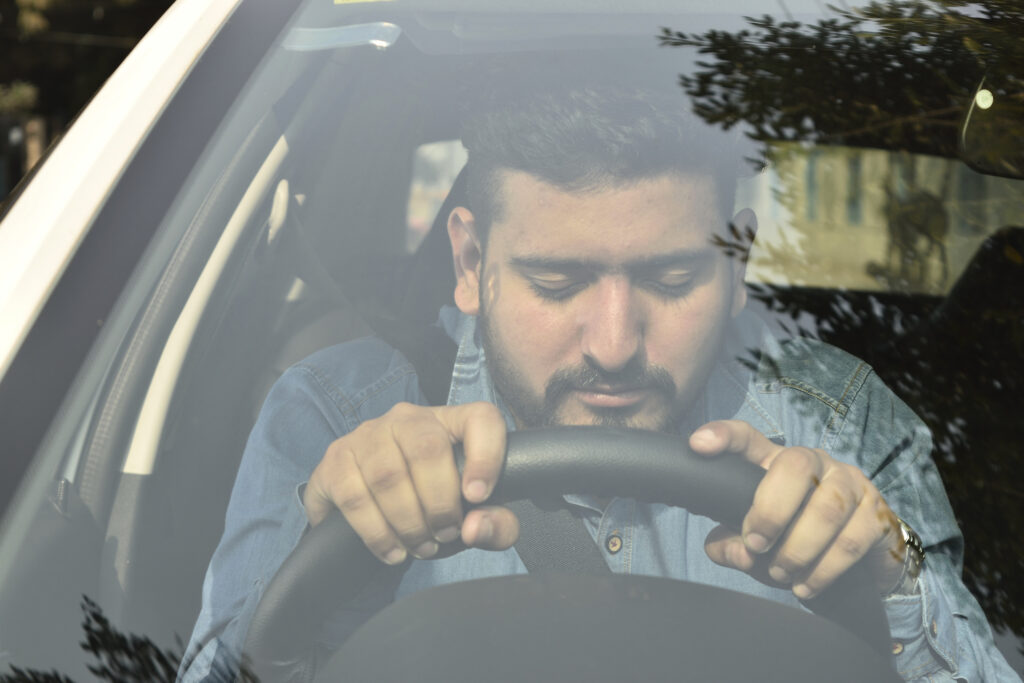California’s stringent DUI laws serve as a stern reminder of the state’s commitment to maintaining road safety. We have covered what happens with a first time DUI offense previously, in this article we move into the nuanced implications and legal ramifications of facing a second DUI charge in the Golden State.
The state of California imposes significantly harsher penalties for repeat offenders. The state takes what it considers a proactive approach to road safety. They categorize Driving Under the Influence (DUI) as a priorable offense, meaning the penalties intensify with each subsequent offense within a ten-year period. When someone is charged with a second DUI, the legal consequences are considerably more severe compared to a first offense.
Following a DUI arrest, the driver’s license is typically confiscated, and a temporary one is issued, valid for 30 days. Defendants must deal with both the Department of Motor Vehicles (DMV) and the criminal court system, each imposing its unique set of penalties.
To contest the automatic license suspension, individuals have a narrow ten-day window post-arrest to request a hearing with the DMV. Failure to act within this timeframe results in an automatic suspension of driving privileges after the 30-day temporary license expires.
Defendants must also navigate the criminal court proceedings where the actual legal penalties, including jail time and fines, are determined based on the specifics of the case. Defendants need to find competent representation to avoid serious repercussions and legal consequences.
Is a Second DUI a Felony in California? Penalties for a Second DUI Offense
Typically a second DUI is not classified as a felony, but a misdemeanor. There are specific circumstances where a DUI could be treated as a felony. These circumstances include:
- If the DUI results in an accident that causes injury to another person, the charge can be elevated to a felony.
- If the driver has a prior felony DUI conviction (regardless of whether the prior felony was for causing injury or for having multiple DUI offenses), any subsequent DUI can be charged as a felony.
- Certain other factors, such as driving with a suspended license due to a previous DUI, having a very high blood alcohol concentration (BAC), or having a minor in the vehicle, can also influence the severity of the charges and penalties, although they do not automatically elevate a DUI to a felony.
The penalties for a second DUI misdemeanor in California can include jail time, fines, mandatory DUI school, installation of an ignition interlock device (IID) in the driver’s vehicle, and a suspension of the driver’s license. The fines ranging from $390 on up, plus additional penalty assessments which can substantially increase the amount owed. This is on top of any legal fees you might incur, which can make a second DUI an expensive proposition.
For a second offense, mandatory jail time ranges from 96 hours to one year. However, some counties offer alternative sentencing, like house arrest or work release programs. Additionally a two-year drivers license suspension is standard, but individuals can sometimes apply for a restricted license after completing 12 months of the suspension period.
Offenders are required to attend an 18 or 30-month DUI education program, focusing on the risks associated with impaired driving. Probation may last between three to five years, necessitating adherence to all laws and completion of the court-ordered DUI program.
| DUI Offense | Minimum Jail Time | Maximum Jail Sentence |
| 1st DUI | 48 hours | 6 months |
| 2nd DUI (within 10 years) | 4 days | Up to 1 year |
| 3rd DUI (within 10 years) | 120 days | Up to 1 year |
| 4th (or more) DUI (within 10 years) | 180 days | Up to 3 years |
Installing an Ignition Interlock Device (IID) is mandatory for one year, allowing individuals to drive to work, school, and DUI programs, ensuring the vehicle won’t start if alcohol is detected. Insurance Consequences will require an SR-22 form to be filed with the DMV, likely leading to a spike in insurance premiums due to the high-risk driver classification.
Retaining skilled legal counsel is indispensable when facing a second DUI charge. A seasoned attorney can scrutinize the evidence, challenge the prosecution’s case, and potentially mitigate the severity of the penalties. Expert legal advice and representation can significantly impact the outcome, exploring avenues for defense strategies, plea bargains, and alternative sentencing options.
Beyond the immediate penalties, a second DUI conviction can have a profound and lasting impact on various aspects of life, including employment prospects, professional licensing, and social relationships. It can also result in severe emotional stress and societal stigma, emphasizing the need for support and rehabilitation.
To prevent the devastating consequences of a second DUI conviction, individuals must make informed and responsible choices. Opting for alternative transportation, such as rideshare services, public transport, or designated drivers, can significantly reduce the risk of impaired driving incidents. Public awareness campaigns and educational initiatives continue to play a crucial role in promoting responsible behavior and road safety.

A second DUI offense in California entails severe legal ramifications, reflecting the state’s resolute stance on maintaining road safety. The consequences—including substantial fines, mandatory jail time, and long-term impacts on personal and professional life—underscore the importance of informed decision-making and adherence to DUI laws. By opting for responsible choices and adhering to preventive measures, individuals can contribute to road safety, avoiding the severe repercussions of subsequent DUI offenses.


